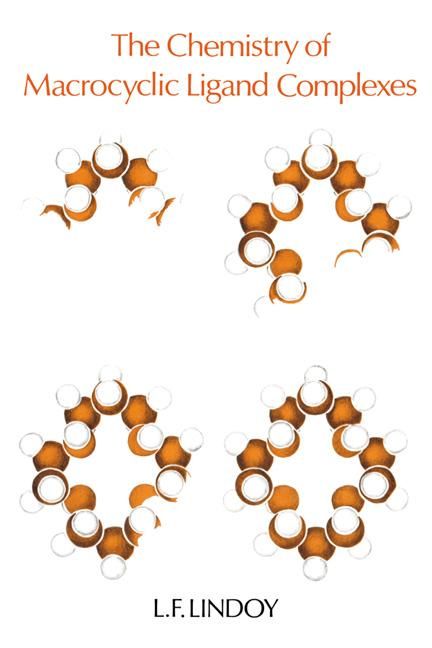The Chemistry of Macrocyclic Ligand Complexes
-
- Hardcover
- Taschenbuch ausgewählt
-
Sprache:Englisch
75,99 €
inkl. MwSt,
Lieferung nach Hause
Beschreibung
Details
Einband
Taschenbuch
Erscheinungsdatum
27.11.2003
Verlag
Cambridge AcademicSeitenzahl
280
Maße (L/B/H)
22,9/15,2/1,7 cm
Gewicht
420 g
Sprache
Englisch
ISBN
978-0-521-40985-8
Unsere Kundinnen und Kunden meinen
Verfassen Sie die erste Bewertung zu diesem Artikel
Helfen Sie anderen Kund*innen durch Ihre Meinung
Kurze Frage zu unserer Seite
Vielen Dank für dein Feedback
Wir nutzen dein Feedback, um unsere Produktseiten zu verbessern. Bitte habe Verständnis, dass wir dir keine Rückmeldung geben können. Falls du Kontakt mit uns aufnehmen möchtest, kannst du dich aber gerne an unseren Kund*innenservice wenden.
zum Kundenservice
